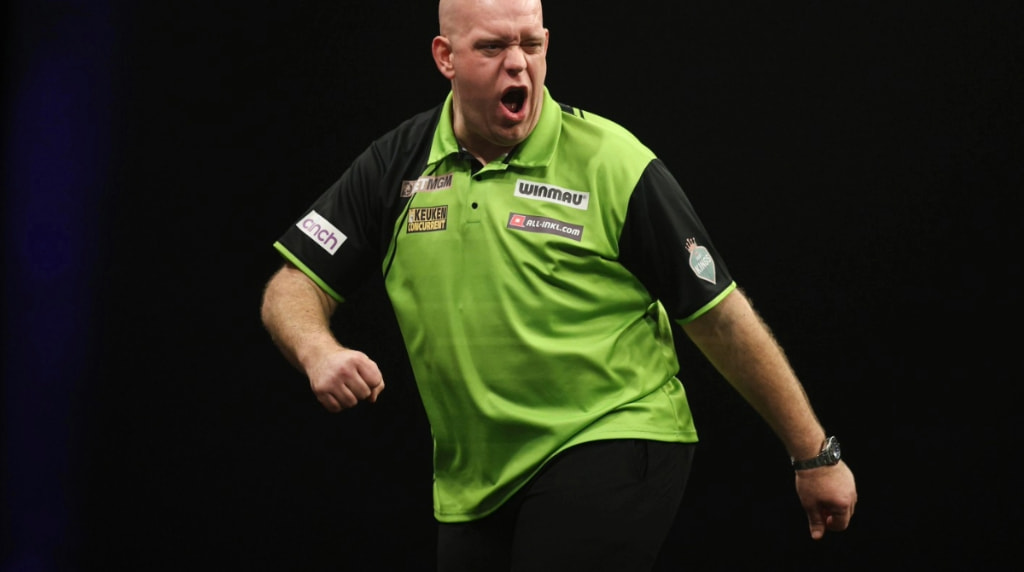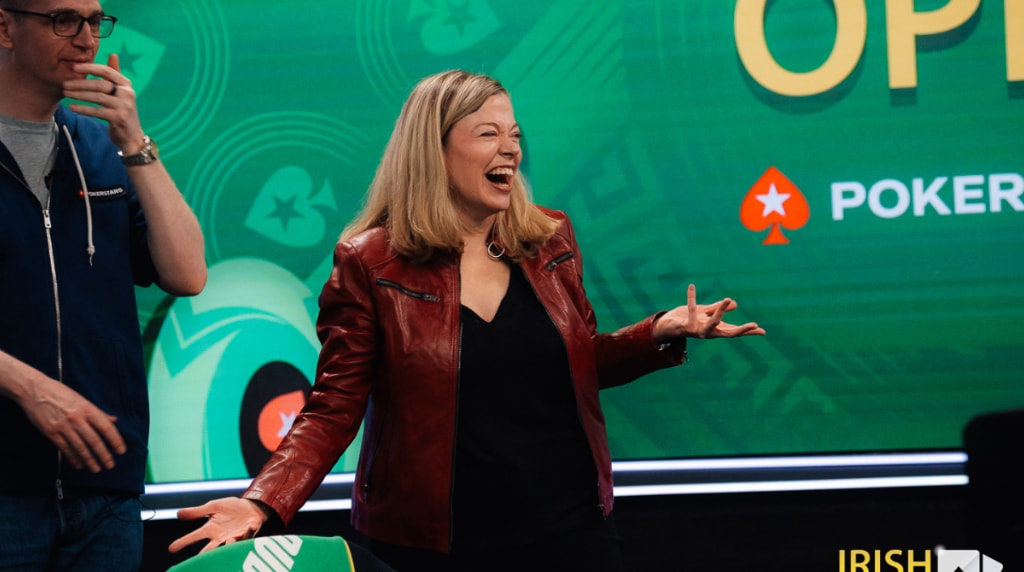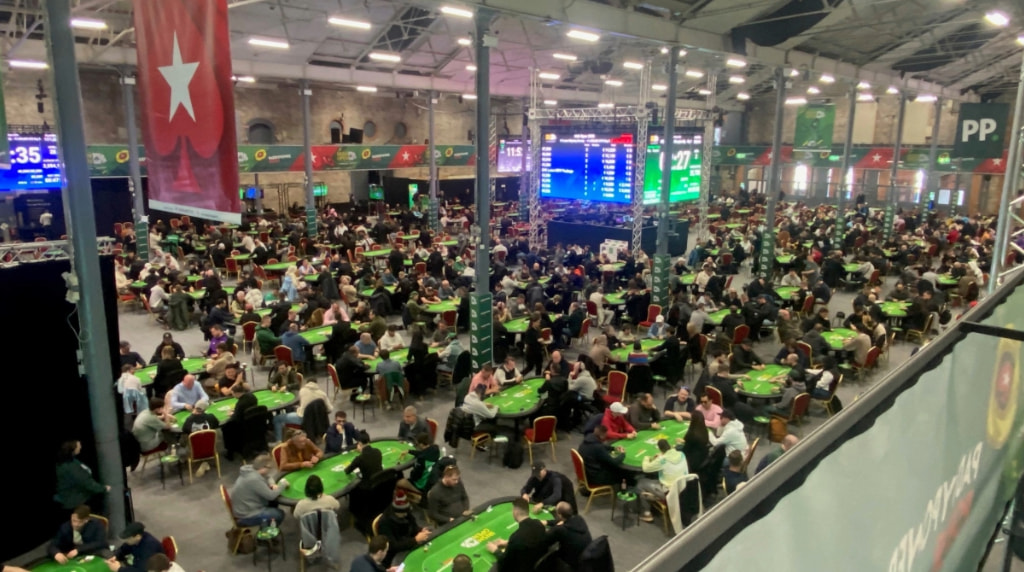KSA slaps massive fine on unlicensed operator
In the latest development of the fight against unlicensed operators, the Dutch Gambling Authority, de Kansspelautoriteit (KSA), has issued a whopping €900,000 fine to gambling operator Shark77. The operator possesses a gambling license that was issued to it by the Malta Gaming Authority (MGA). However, Shark77 does not possess a Dutch gambling license, which is why it has been charged with a massive fine.

Shark77 is among the first operators to be under KSA’s radar this year, following a 2022 of tightening screws in the country. ©Arisa Chattasa/Unsplash
After multiple investigations conducted by the KSA between December 2021 and February 2022, it was ascertained that an unlicensed Shark77 was offering online casino and sports betting services to Dutch nationals via its domain 18bet.com. The KSA confirmed after all investigations that the site was accessible from all Dutch IPs. Assuming the license issued by the MGA is accepted as a certificate of legitimacy in the Netherlands, Shark77 continued its operations in the country without applying for a Dutch gambling license.
Noticing the clear breaches in its regulation, the Dutch regulator informed the operator that its gambling services are not considered legitimate under the Maltese license in the Netherlands. Since the operator did not cease offering its online casino and sports betting services to Dutch nationals, the KSA imposed a heavy fine of €900,000. The KSA makes exceptions for no one. Since the gambling law was continues to keep an eye on every operator in the market.
Licenses in the Netherlands are difficult to obtain
The KSA has been monitoring the Dutch gambling market very strictly. This not only includes the supervision to catch unlicensed operators but also revolves around the compliance of existing licensed operators with the gambling guidelines of the nation. Like all the other gambling markets around the globe, the Netherlands exclusively allows licensed operators to offer their gambling services to its nationals. That is where the KSA comes into the picture. The Gambling Authority is in charge of studying the applicant and issuing the license if it is deemed fit to offer its services to the Dutch population.
The process of securing a Dutch gambling license is a tedious but necessary one. All aspects fall under the spotlight before the compliance checks come into the picture. A penchant for player safety is a compulsion for all gambling operators that seek a Dutch gambling license. They must also have their own addiction prevention measures already in place. The obligations also include the operator’s immediate intervention if problematic gambling traits are detected. Additionally, in the battle against problematic gambling, operators are also obliged to have deposit limits in place that can be changed every 24 hours.
Despite being licensed in Malta, Shark77 was responsible for several infringements. The operator made its online casino and sports betting services accessible to people in the Netherlands without having a KSA-issued license. The KSA further stated that the unlicensed operators do not incur charges that the licensed operators have to bear as the former are not paying any taxes in the Netherlands. Several players do not want to gamble on unlicensed platforms but differentiating between the licensed and unlicensed operators has been a challenge for people, not just in the Netherlands but also around the globe. Since the unlicensed operators do not pay these charges, they have the scope to create lucrative offers on their platforms that are sure to attract more players. Speaking on the issue, the chairman of the KSA, Rene Jansen, summarised the situation and the regulator’s intentions.
“These providers can thus have an attractive effect on players and jeopardize the channeling to the legal offer. We consider this serious and highly undesirable. Dutch players deserve the good protection of providers with a license from the Gaming Authority.”
The KSA instructs land-based casino to stop advertising
Shark77 is not the first operator that has entered the crosshairs of the KSA. Last month, the regulator ordered Holland Casino to cease its advertising activities with immediate effect.
The operator does not offer online gambling and only holds a monopoly license in the Netherlands that enables it to provide physical casino games in the country.
The advertisement showed various locations at which Holland Casino’s casino games were available. Despite being licensed, advertising of any form of gambling activity is strictly prohibited in the Netherlands. After the warning was sent out to the land-based operator, it has complied with the KSA and ceased its promotional activity.



